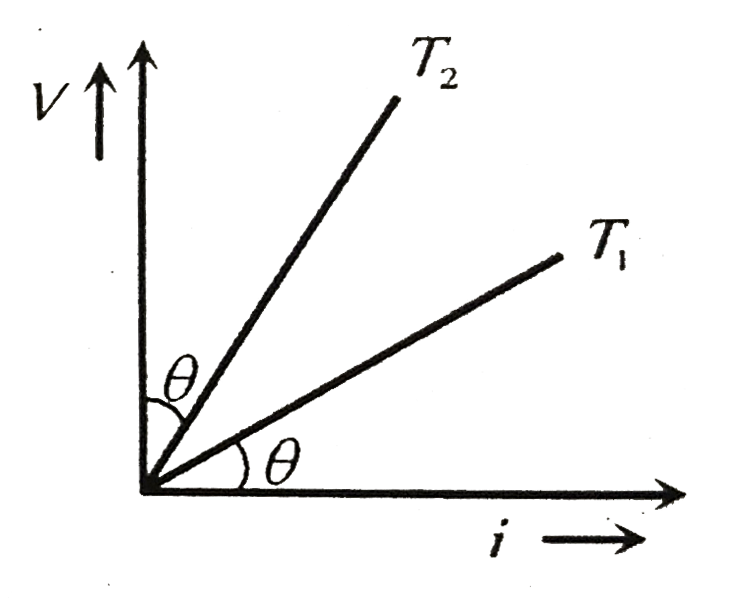A solid at temperature T1 is kept in an evacuated chamber at temperature T2>T1 . The rate of increase of temperature of the body is proportional to
T2−T1
T22−T21
T23−T31
T42−T41
The correct Answer is:D
Stefan’s law
Similar Questions
A solid copper shere of density ρ specific heat c and radius r is at temperature T1 It is suspended inside a chamber whose walls are at temperature 0 K The time required for the temperature of sphere to drop to T2 is rρcxeσ(1T32−1T31) Find the value of x? Take the emmissivity of teh sphere to be equal to e .
View SolutionA solid copper sphere of density ρ, specific heat c and radius r is at temperature T1. It is suspended inside a chamber whose walls are at temperature 0K. What is the time required for the temperature of sphere to drop to T2? Take the emmissivity of the sphere to be equal to e.
View Solution
Knowledge Check
A solid at temperature T1 is kept in an evacuated chamber at temperature T2>T1 . The rate of increase of temperature of the body is propertional to
AT2−T1BT22−T21CT32−T31DT22−T41 .Two black bodies at temperature 327∘C and 427∘C are kept in an evacuated chamber at 27∘C. The ratio fo their rates of loss of heat is
A(67)B(67)2C(67)3D243464Two black bodies at temperatures 327∘C and 427∘C are kept in an evacuated chamber at 27∘C. The ratio of their rates of loss of heat are
A(67)B(67)2C(67)3D243464
Three Carnot engines operate in series between a heat source at a temperature T1 and a heat sink at temperature T4 (see figure). There are two other reservoirs at temperature T2andT3, as shown, with T1>T2>T3>T4. The three engines are equally efficient if :

View SolutionA black body of temperature T is inside a chamber of temperature T0 Now the closed chamber is slightly opened to Sun that temeperature of black body (T) and chamber (T0) remain constant .
View SolutionThe rate at which a black body emits radiation at a temperature T is proportional to
View SolutionThe rate at which a black body emits radiation at a temperature T is proportional to
View SolutionThe V - i graph for a conductor at temperature T1 and T2 are as shown in the figure. (T2−T1) is proportional to

View Solution
